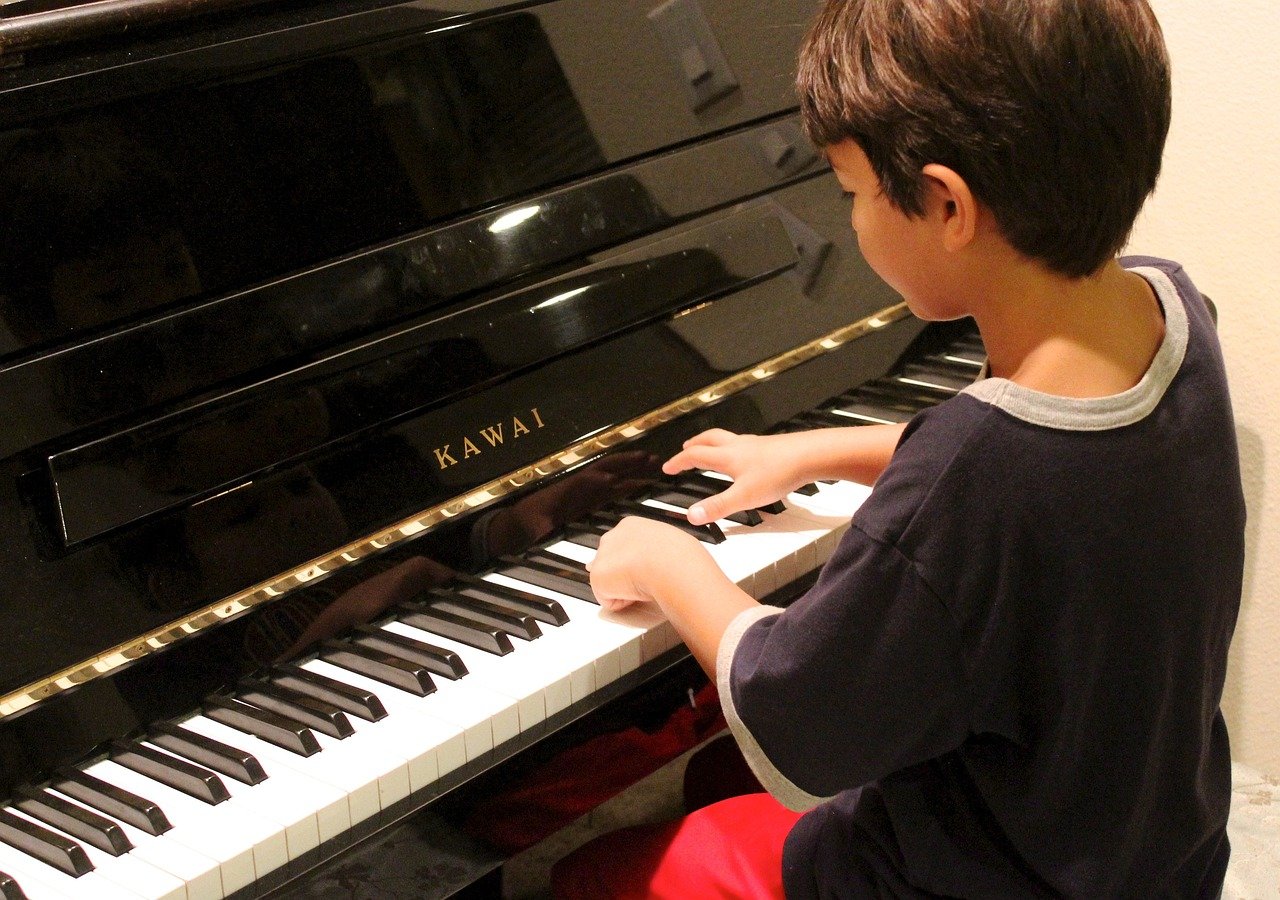Are Prodigies Born or Made?
Some people are naturally better at doing specific things. This triggers a question: are prodigies born or made?
Whether prodigies are born or made is one of the most debated topics in psychology. You may have seen a person, especially a child or young person, who has exceptional talent or the ability to do certain things, such as playing musical instruments. You may have wondered whether the expertise of the individual is inherent or gained through practice and learning.
Are Prodigies Real?
When we say that a person is born with super humanlike talent, we are basically saying that the person is a prodigy. Take the case of Mozart.
Mozart was the most famous prodigy of all time. He started playing concert grade music to the royal family when he was five years old. Many of us would think that this makes him a born prodigy. However, researcher Anders Ericsson dismisses this notion.
Mozart started playing music to the royal family at 5.
In his book Peak: Secrets from the New Science of Expertise, Ericsson dispels many commonly held prodigy misconceptions about Mozart. He argues that Mozart and other geniuses achieved success in their fields through constant practice, commitment, and mass amounts of work.
One theory is that prodigies have innate talent, meaning that it is genetically determined. Another theory has it that even if a natural ability exists, it does not necessarily translate into exceptional performance unless the talent is polished through practice.
Some psychologists argue that the primary factor that differentiates prodigies from ordinary people is constant and systematic practice. Recent studies have found that continuous and careful practice helps people perform better in complex domains.
Many experts agree that prodigies are made as a result of calibration between a person’s genetic legacy and the environment in which the person grows. They argue that no one is born a prodigy. Every individual has amazing intelligence and talent, but only the lucky ones get the opportunity to find their uniqueness in an appropriate environment that synchronizes with their specific patterns, needs, passion, and interests.
As a parent, you can get help from the researches in psychology and neuroscience to help your kids nurture in an environment that allows them to use their abilities to the fullest.
Are Prodigies Born?
Many psychologists and child development believe that prodigies are born, not made. They quote many cases where the subjects did not practice and didn’t go to school or get tutored, but still displayed exceptional talent. And many of the gifted people came from lower socio-economic families where they were not forced to gain intelligence. They were simply born with talent.
Case in point: Julian Lage started playing guitar as a child and became the subject of a documentary film Jules at Eight a few years later.
The right environment and practice can help a person become a prodigy.
Proponents of this view argue that prodigies gain their talent genetically. Going by this definition, it means that if one or both of the parents are prodigies, the children will be prodigies, too. When children are born prodigies, they get higher-than-average talents and abilities. They have a different approach to learning and assimilating information than most normal children.
Prodigies have a higher IQ level. The average IQ is 100, but prodigies have an IQ above 130. Also, prodigies are found to be emotionally and socially sensitive. They are extra alert to sounds, feelings, smells, and situations. Advocates of prodigies are born, not made argue that these sensitivities cannot be gained through learning. They are genetically acquired.
A Rage to Master!
While there are sufficient arguments and findings about prodigies, there is no denying that the right environment, instruction, and practice can help a person gain exceptional talent. Insisting that gifted people are born not made means that the majority of the population is valueless. It could devalue and demotivate children, specifically, because it is perceived as elitism.
When we acknowledge that prodigies are born, those children who are not gifted will feel that it is socially unacceptable for them to display their achievements or abilities publically. When we don’t accept and support children for who they are, they will fail to accomplish what they are capable of.
Providing children a suitable environment where they can practice continuously helps develop exceptional talent. For example, many renowned musicians were not born with music skills. Instead, they nurtured in environments where their interests and passion were respected and supported.
Let’s say your child is interested in music. You can create a nurturing and supportive environment for him by not only morally supporting him but also buying him the necessary instruments and equipment and even registering him for music class.
While many people quote Mozart as an example of born prodigies, a closer look into his case reveals something extraordinary. Mozart’s father, Leopold, was a renowned music teacher. When he saw that his son, too, has a passion for music, he left his own career as a musician and focused on developing and honing Mozart’s talent. He created a supportive environment for his son that helped him excel in music.
When it comes to Tiger Woods, do you think that he was a born prodigy? No, he wasn’t. His father introduced him to golf when he was only two years old, helping him excel in the field. The same holds for Venus and Serena Williams. Their parents moved from California to Florida so that the kids can train at Florida’s elite tennis academy.
The longer you work on your abilities, the more you’ll be convinced that the key to excellence in any field is focused practice. Yes, some people are genetically more prone to quickly gaining specific skills. However, that shouldn’t keep your kid from pursuing his or her dream.
If you want your children to excel in music or any other field, make sure to give them time and the required resources and have them learn from experienced teachers. Also, help them fight challenges and practice continuously.
Final Thoughts
Extraordinary talent in music, art, sports, math, and any other field is the product of both genetic and environmental factors. Today, psychologists and experts are moving past the question of whether prodigies are made or born. They are, instead, focusing on how to create an environment where children can excel and gain the desired talent.
If your child is interested in music but is not a born prodigy, it doesn’t mean he can’t excel in the field. Read again the examples given above. You never know when your little one may become the next Mozart if given a suitable and supportive environment.
Help your child by registering him for music lessons at Stage Music Center.
Contact us for more information.
Other articles of interest


